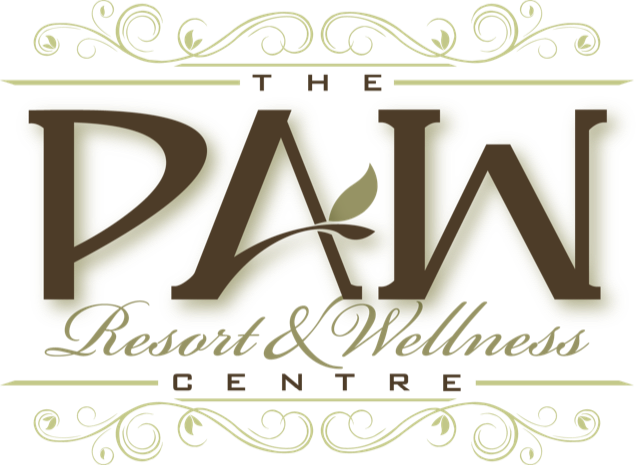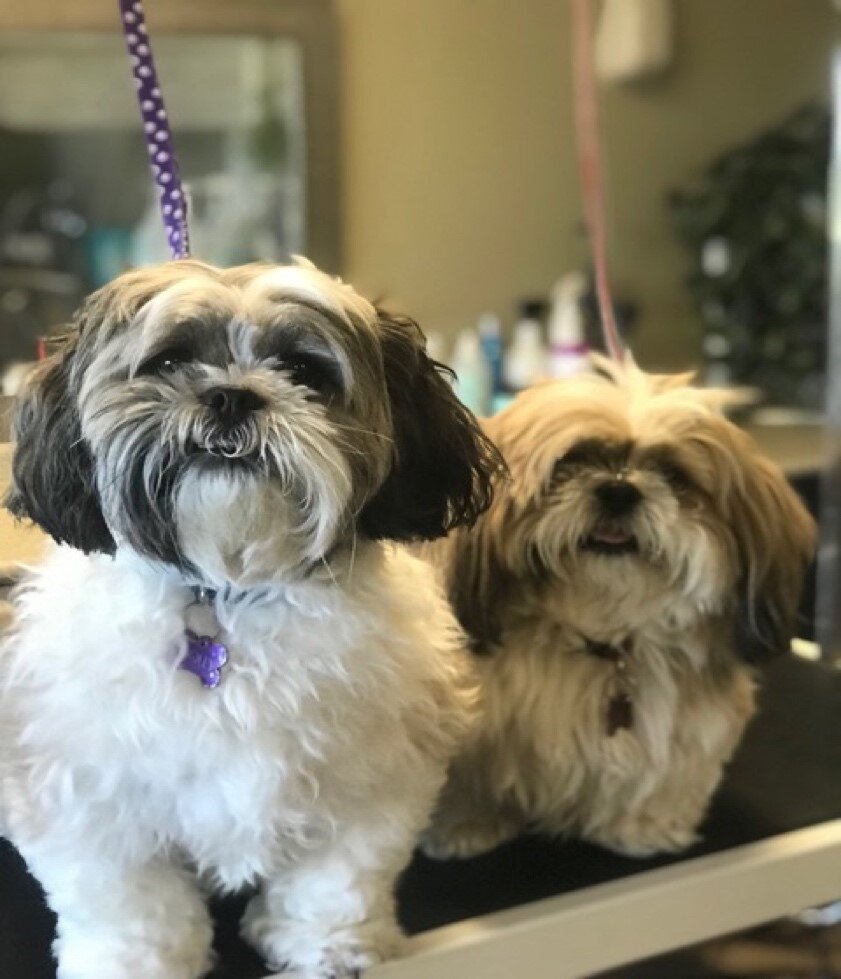It happens to the best of us. Many adult dogs or new puppies lack the dog training to be socialized with human beings or other dogs. Socialization is important for a dog’s health and growth, so if you’ve missed their key “socialization window” (16 weeks old), you’re definitely behind the eight ball. But fortunately, there are best practices to slowly teach your undersocialized adult dog to become more sociable.
Here are some of them:
Tip #1: Be Prepared for the Unexpected
Prepare yourself for an undersocialized dog that isn’t as comfortable and tolerant of all the people, animals, sights, noises, and other things they’ll encounter in their daily life and surroundings. At the initial stage, they simply require what makes them feel safe, secure, and happy in their new surroundings.
Tip #2: Prepare a Small Habitat
Your dog’s habitat may need to be as small as possible to help them gently and safely acclimatize to a larger world. Allow your pet to build confidence in an area he is already comfortable with before attempting to expand and grow those areas. Don’t try to introduce your dog to the entire world all at once.
Consider little wins and build on them. Be patient and pay attention to your dog’s level of comfort and move at their pace. Don’t hurry the progress, and don’t put too much strain on your dog (or yourself). Your dog will get there if you give him the right instructions, patience, and understanding.
Tip #3: Make the Process Enjoyable and Fulfilling
Discover what your dog likes and put it to good use. If your dog’s attitude is influenced by food, reward him with healthy snacks. If he likes to play, a game may help him find joy and associate something fantastic with “expanding their horizons.” It’s not about tempting your dog but about celebrating accomplishment and conquering fears. Just make sure that any incentives or reinforcers you use do not completely distract them from their surroundings. They need to be aware of their surroundings in order to become more comfortable with them.
Tip #4: Concentrate on the Goal
There will be hitches and plateaus in your dog’s progress, and that’s all right. Don’t give up before you reach the goal! Take a breather, exhale, and rethink your approach. Increase the “value” of your rewards, seek professional assistance, and remember, you’re doing this for the benefit of both you and your dog. Minor setbacks should not undermine long-term ambitions.
Tip #3: Going It Alone Isn’t a Good Idea
To put it simply: Get help! Working with a dog who hasn’t had appropriate early socialization might be challenging, even if you’ve previously dealt with such dogs. Every dog and every situation is unique. Consider getting professional advice early on if you want to get off to a good start. A professional trainer can assist in developing a strategy to help with delayed socialization.
Even with “typical” dogs and environments, dominance or correction-based training isn’t the best approach. This is especially true when re-socializing previously unsocialized dogs. Dominating, pressuring, or inflicting pain or terror on a dog will only exacerbate the situation! Work exclusively with professional trainers whose methods are supported by research. Their abilities and demeanour will make you and your dog happy.
Conclusion
Dogs who are stressed, frightened, or afraid find it difficult to relax and learn new things. In other words, their brains are in a state of “fight or flight,” which is not conducive to long-term learning. By lessening their fear, these dogs may begin to learn and form stronger, healthier, and happier associations with the things you’re seeking to socialize and desensitize them to.
Because each dog and situation is unique, some trial and error and fine-tuning may be necessary. Obtaining the counsel and supervision of a board-certified veterinary behaviourist early on may significantly increase your chances of success with your new dog and avoid setbacks and disappointments down the line.
Are you looking for doggie training in Brandon, Manitoba? The Paw Resort and Wellness Center is a dog boarding and pet care facility where tails are waggin’ and pets are braggin’. We are dedicated to delivering the high standards that you expect and your pet deserves. Call us to book your slot now!



Post Comment